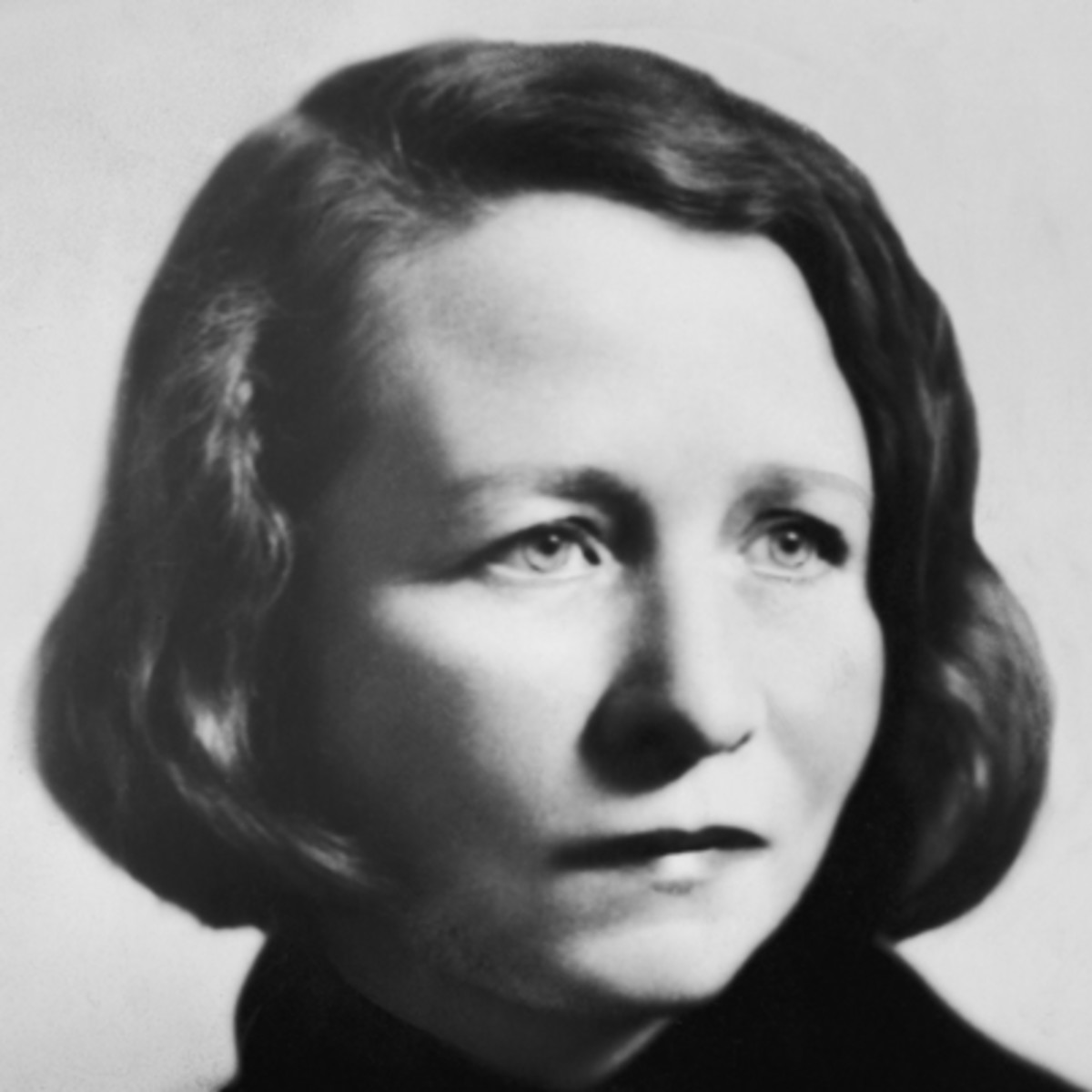My heart is what it was before,
A house where people come and go;
But it is winter with your love,
The sashes are beset with snow.
I light the lamp and lay the cloth,
I blow the coals to blaze again;
But it is winter with your love,
The frost is thick upon the pane.
I know a winter when it comes:
The leaves are listless on the boughs;
I watched your love a little while,
And brought my plants into the house.
I water them and turn them south,
I snap the dead brown from the stem;
But it is winter with your love,–
I only tend and water them.
There was a time I stood and watched
The small, ill-natured sparrows' fray;
I loved the beggar that I fed,
I cared for what he had to say,
I stood and watched him out of sight;
Today I reach around the door
And set a bowl upon the step;
My heart is what it was before,
But it is winter with your love;
I scatter crumbs upon the sill,
And close the window,–and the birds
May take or leave them, as they will.
Published:
1921
Length:
Regular
Literary Movements:
Modernism
Anthology Years:
2023
Themes:
Faith & Hope
Love & Relationships
Literary Devices:
Imagery
visually descriptive or figurative language, especially in a literary work
Repetition
a recurrence of the same word or phrase two or more times

